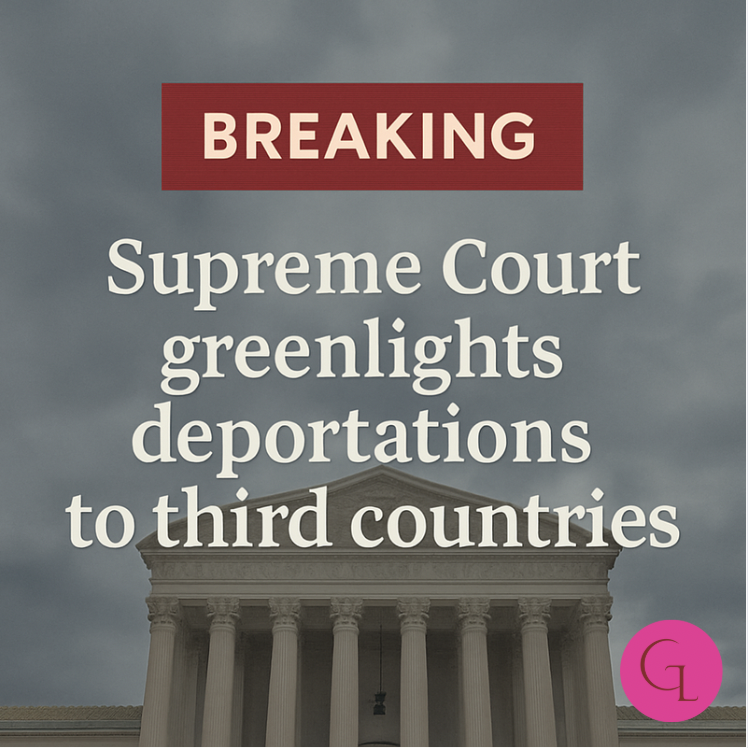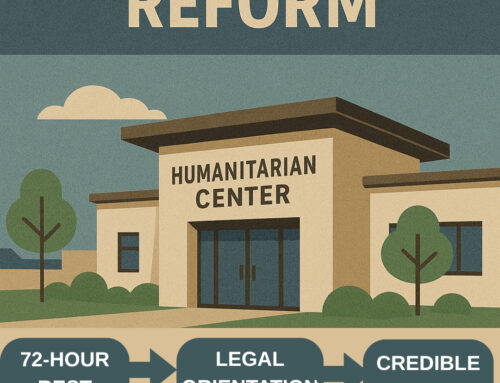In a landmark decision, the U.S. Supreme Court has ruled that the federal government may now resume deporting immigrants to third countries, even when those countries are not the individuals’ nations of origin. This ruling reverses lower court blocks and signals a major shift in U.S. immigration enforcement strategy.
What Changed?
Previously, deportations were generally limited to a person’s home country. But this new ruling permits the U.S. government to send individuals to a third country if a deportation agreement exists.
Countries named in this strategy include Myanmar, Vietnam, and Cuba, among others. Many of these nations lack stable diplomatic ties with the U.S. or have questionable human rights records.
Major Concerns:
- Human Rights Violations: Advocates warn that some third countries may not be safe, especially for political dissidents or individuals with particular vulnerabilities.
- Due Process: The decision raises serious questions about legal protections and the right to contest removal to a third country.
- Diplomatic Repercussions: Sending people to unstable or hostile countries could strain foreign relations and trigger international criticism.
Implications:
This decision expands executive power and could lead to faster, broader deportations. Immigration lawyers may face increased challenges in protecting clients from removal, especially those whose safety may be compromised in a third country.
Immigrants facing deportation should now be especially vigilant, ensuring they understand any agreements the U.S. may have with third countries and how those could impact their individual cases.
About the Author
Elizabeth Garvish
Elizabeth L.A. Garvish founded Garvish Immigration Law Group, LLC in 2011 after practicing immigration law in small boutique firms, big law and nonprofits. Elizabeth is a frequent speaker and presenter on entrepreneurship and U.S. immigration topics around the world. She is an active member of the American Immigration Lawyers Association (AILA) and serves on various national committees and is the Past Chair of the Georgia-Alabama Chapter of AILA. Elizabeth is also a certified member of the EO Global Speakers Academy.




